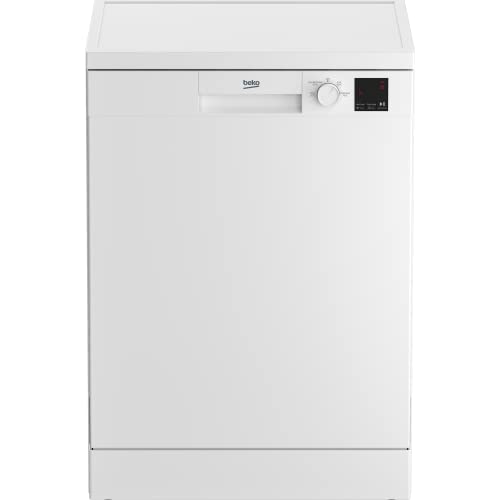


In today’s fast-paced world, smart technology has infiltrated nearly every aspect of our lives, including our household appliances. One appliance that has seen a surge in popularity is the smart washing machine. These advanced machines are designed to make our lives easier and more convenient, but are they really worth the investment? In this article, we will explore the pros and cons of upgrading to a smart washing machine.
One of the main advantages of a smart washing machine is its ability to connect to your home’s Wi-Fi network. This opens up a whole new world of possibilities, allowing you to control your machine right from your smartphone or tablet. You can start or stop a load of laundry, adjust settings, and even receive notifications when a cycle is complete. This added convenience can save you time and energy, especially on those busy days when you can’t afford to wait around for the laundry to finish.
Another benefit of smart washing machines is their advanced features and technology. Many models come equipped with sensors that can detect the weight and type of fabric in each load. This allows the machine to adjust water levels and wash cycles accordingly, ensuring that your clothes are washed thoroughly and efficiently. Additionally, smart washing machines often have built-in detergent dispensers that can dispense the perfect amount of detergent for each load, reducing waste and helping you save money in the long run.
However, there are also drawbacks to consider when upgrading to a smart washing machine. The first is the price. Smart washing machines typically come with a higher price tag compared to traditional models. While the added features and convenience may be worth it for some, others may find it difficult to justify the additional cost. Additionally, smart technology is constantly evolving, which means that your new smart washing machine could become outdated within a few years. This could leave you in a position where you need to upgrade again sooner than expected.
In conclusion, smart washing machines offer a range of benefits, including added convenience and advanced features. However, they also come with a higher price tag and the potential for rapid technological advancement. Before making the decision to upgrade, it’s important to weigh the pros and cons and consider whether the benefits outweigh the costs for your specific needs and budget.
Are Smart Washing Machines Worth It?
Upgrading to a smart washing machine may seem like a luxury, but it can offer several benefits for homeowners. However, it’s important to weigh the pros and cons before making a decision.
The Pros
- Convenience: Smart washing machines can be controlled remotely through a smartphone or tablet. This means you can start or stop a cycle, check the progress, and even receive notifications when the laundry is done, all from the comfort of your couch or while you’re away from home.
- Energy Efficiency: Many smart washing machines come with energy-saving features, such as load sensors and water level detectors. These features can help optimize water and energy usage, potentially reducing your utility bills.
- Customization: With smart washing machines, you can often choose from a variety of wash cycles and settings. This allows you to tailor the wash to your specific needs, whether you have delicate items or heavily soiled clothes.
- Smart Integration: Smart washing machines can be integrated with other smart home devices, such as smart thermostats or virtual assistants. This can allow for a more seamless and efficient home automation experience.
The Cons
- Cost: Smart washing machines can be more expensive than traditional models. The added technology and features contribute to the higher price tag. However, the long-term energy savings and convenience may offset the initial cost.
- Complexity: The advanced features and technology of smart washing machines may come with a learning curve. It may take some time to familiarize yourself with the settings and features, which can be overwhelming for some users.
- Reliability: Like any electronic device, smart washing machines can experience technical issues or malfunctions. It’s important to consider the reliability and durability of the machine before making a purchase.
- Compatibility: Not all smart washing machines are compatible with every smartphone or home automation system. Before buying, it’s crucial to ensure that the machine will work with your devices and home setup.
In conclusion, smart washing machines offer convenience, energy efficiency, customization, and integration with other smart devices. However, they may come with a higher price tag, a learning curve, potential reliability issues, and compatibility concerns. It’s important to consider your specific needs and budget before deciding whether a smart washing machine is worth it for you.
The Convenience of Smart Washing Machines
Smart washing machines offer a range of convenient features that make laundry tasks easier and more efficient. Here are some of the notable conveniences of these advanced appliances:
1. Remote Control and Monitoring
One of the biggest advantages of smart washing machines is the ability to remotely control and monitor your laundry cycles. With a compatible smartphone app, you can start, pause, or stop a load of laundry from anywhere, allowing you to multitask and manage your time more effectively. Additionally, you can receive notifications when a cycle is complete or if any issues arise, ensuring that you never miss a beat.
2. Customized Washing Programs
Smart washing machines come equipped with a wide range of pre-set washing programs tailored to different types of fabrics and stains. These programs take the guesswork out of laundry, ensuring that your clothes are cleaned effectively while minimizing the risk of damage. Additionally, some machines also offer the option to create and save your own customized washing programs, allowing you to personalize the washing experience according to your preferences.
3. Energy Efficiency
Many smart washing machines are designed with energy efficiency in mind. They utilize advanced sensors and algorithms to optimize water usage, detergent consumption, and cycle duration, resulting in significant energy savings over time. Some machines even have the ability to detect the size of each load and adjust the cycle settings accordingly, further improving efficiency.
4. Troubleshooting Assistance
Smart washing machines often have built-in troubleshooting features that can help diagnose and resolve common issues. These machines can detect problems such as clogged filters, unbalanced loads, or leaks, and provide step-by-step guidance on how to resolve them. This not only saves time and money on potential service calls but also ensures that your machine performs optimally for longer.
5. Integration with Smart Home Systems
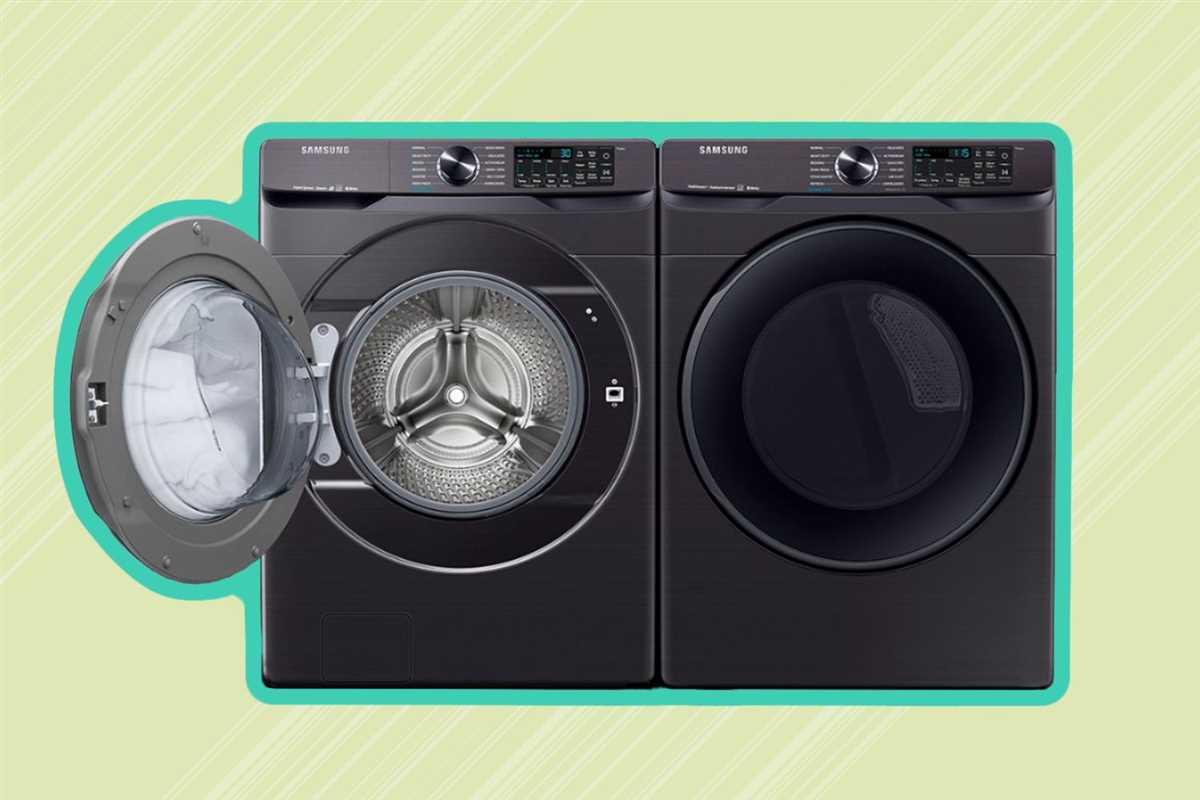
Smart washing machines can be integrated into smart home systems, allowing for seamless automation and control. They can be connected to other smart devices, such as smart thermostats or virtual assistants, enabling you to create customized laundry routines and voice-controlled commands. This integration adds another layer of convenience and streamlines your household management.
In conclusion, smart washing machines offer a range of conveniences that enhance the laundry experience. From remote control capabilities to customized washing programs and energy efficiency, these advanced appliances provide a level of convenience that traditional washing machines cannot match.
Energy Efficiency and Cost Savings
One of the main advantages of smart washing machines is their energy efficiency, which can lead to significant cost savings in the long run. Here are some key points to consider:
- Smart features for energy optimization: Smart washing machines come with advanced features and sensors that optimize energy usage during each wash cycle. These features include load sensing technology, which adjusts the amount of water and detergent needed based on the size of the load, and temperature sensors that ensure the water is heated to the optimal temperature for efficient cleaning. By using these features, you can reduce energy consumption and save on your utility bills.
- Programmable settings: Smart washing machines allow you to program custom settings for different types of laundry. For example, you can create a setting for delicate fabrics that uses less water and energy, or a setting for heavily soiled clothes that requires more washing time. This flexibility helps to minimize energy wastage and ensures that each load is washed as efficiently as possible.
- Remote monitoring and control: Many smart washing machines can be connected to your smartphone or tablet via an app, allowing you to monitor and control your machine from anywhere. This feature allows you to optimize your energy usage by running the machine during off-peak hours when electricity rates are lower, or by making sure you don’t accidentally leave the machine on when you’re not at home.
By investing in a smart washing machine, you can not only reduce your environmental impact but also save money on your energy bills. While smart washing machines may have a higher upfront cost compared to traditional models, the long-term savings can outweigh the initial investment.
Advanced Features and Customization Options
Smart washing machines offer a range of advanced features and customization options that can greatly enhance the user experience. These features and options allow users to tailor their washing machine to their specific needs and preferences, making laundry chores more efficient and convenient.
1. Wi-Fi Connectivity
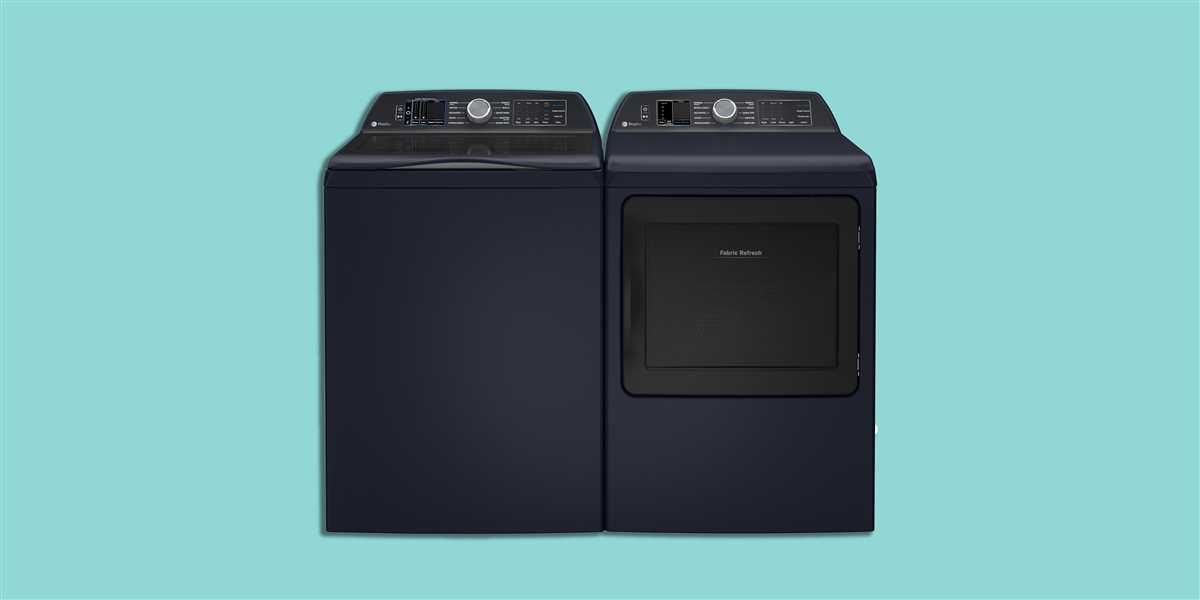
One of the key advantages of smart washing machines is their ability to connect to the internet via Wi-Fi. This connectivity allows users to control and monitor their washing machine remotely using a smartphone or tablet. They can start or pause a wash cycle, adjust settings, and receive notifications when the laundry is done. This feature is particularly useful for busy individuals who want to manage their laundry while on the go.
2. Smart Home Integration
Smart washing machines can also be integrated into a larger smart home system. This allows users to synchronize their washing machine with other smart devices, such as smart thermostats or smart lighting systems. For example, the washing machine can be programmed to start a wash cycle when the electricity rates are lower or when the home is empty to avoid disturbing the users. This integration adds convenience and efficiency to the overall home automation system.
3. Automatic Detergent Dispenser
Some smart washing machines come equipped with automatic detergent dispensers. These dispensers can determine the optimal amount of detergent needed for each load based on factors such as fabric type, dirtiness level, and load size. This ensures that the right amount of detergent is used, avoiding wastage and improving washing performance.
4. Energy Efficiency Monitoring
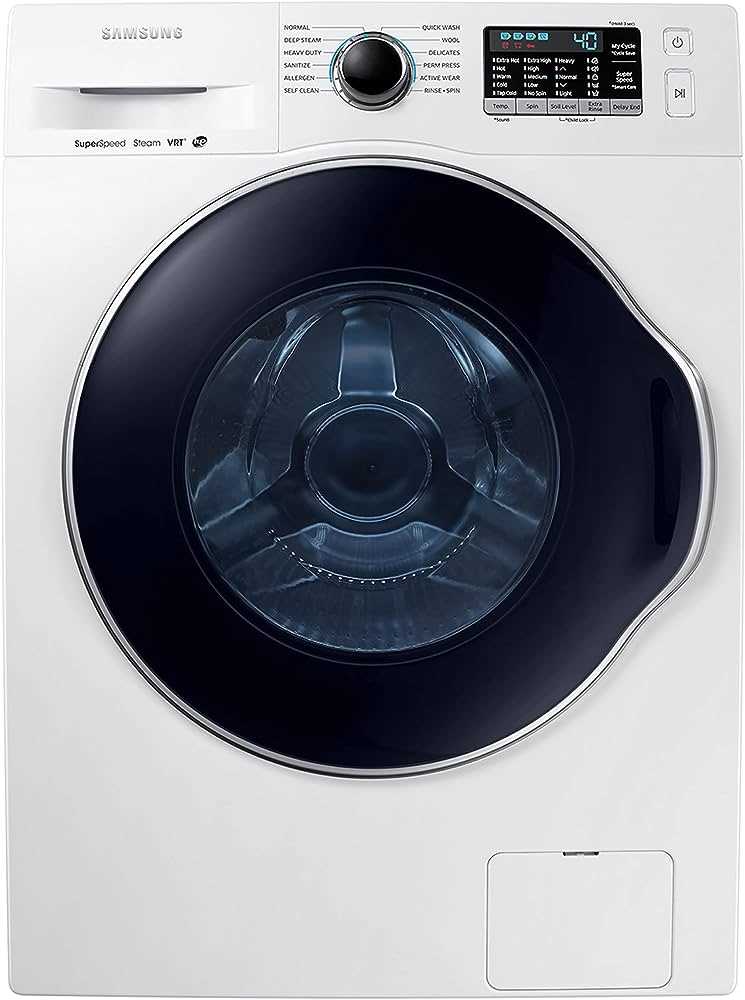
Many smart washing machines offer energy efficiency monitoring features. These features provide real-time information and reports on the energy consumption of the washing machine. Users can track how much energy their machine is using and make adjustments to optimize energy usage. This not only helps to reduce energy bills but also contributes to a more sustainable lifestyle.
5. Customizable Wash Cycles
Smart washing machines often come with a variety of customizable wash cycles. Users can select specific settings for different types of fabrics, stains, or desired outcomes. For example, there may be options for delicates, heavy-duty, quick wash, or eco-friendly cycles. This level of customization allows users to address specific laundry needs and achieve the best results for their clothing.
6. Remote Troubleshooting
If something goes wrong with the washing machine, smart models can often provide remote troubleshooting options. Users can receive diagnostics and error codes through an app, which can help in identifying the problem and potentially resolving it without the need for a service call. This feature saves time and money on repairs.
| Pros | Cons |
|---|---|
|
|
Overall, the advanced features and customization options offered by smart washing machines can greatly enhance the laundry experience. However, it is important for users to carefully consider their individual needs, budget, and technological comfort before deciding to upgrade to a smart washing machine.
Potential Drawbacks of Smart Washing Machines
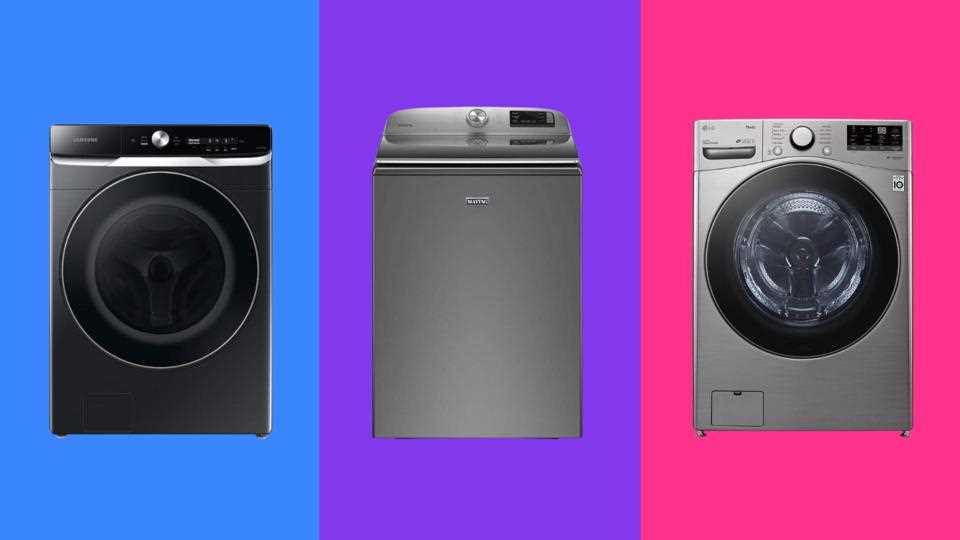
While there are many benefits to upgrading to a smart washing machine, there are also some potential drawbacks to consider:
1. Cost:
Smart washing machines tend to be more expensive than traditional machines. The additional features and technology can significantly increase the price. For some consumers, the higher cost may be a barrier to upgrading.
2. Complex Set-up:
Setting up a smart washing machine can be more complicated than a traditional machine. The user may need to connect the machine to a home network and download specific apps or software. This can be time-consuming and may require technical expertise.
3. Compatibility:
Not all smart washing machines are compatible with all home networks or operating systems. It is essential to check compatibility before purchasing to ensure that the machine will work with your current set-up.
4. Reliance on Technology:
Smart washing machines rely on technology to function properly. If there are issues with the app or software, or if there is a power outage or internet connection problem, the machine may not work as expected. This can be frustrating for consumers who are accustomed to the reliability of traditional machines.
5. Learning Curve:
Using a smart washing machine may require a learning curve for some users. The interface and controls may differ from traditional machines, and it may take some time to get used to the new features and functionalities.
6. Data Privacy:
Smart washing machines collect data about usage patterns and may require connectivity to the internet. This can raise privacy concerns for some individuals, especially those who are hesitant to share personal information or do not trust the security protocols of connected devices.
7. Limited Usefulness:
While smart washing machines offer convenience and automation, some users may find that the additional features are not necessary for their laundry needs. If a consumer prefers a simple washing machine without advanced technology, the smart features may not provide much value.
Ultimately, the decision to upgrade to a smart washing machine should be based on individual preferences, budget, and needs. It is important to weigh the potential drawbacks against the benefits to determine if it is worth the investment.
Making an Informed Decision on Upgrading
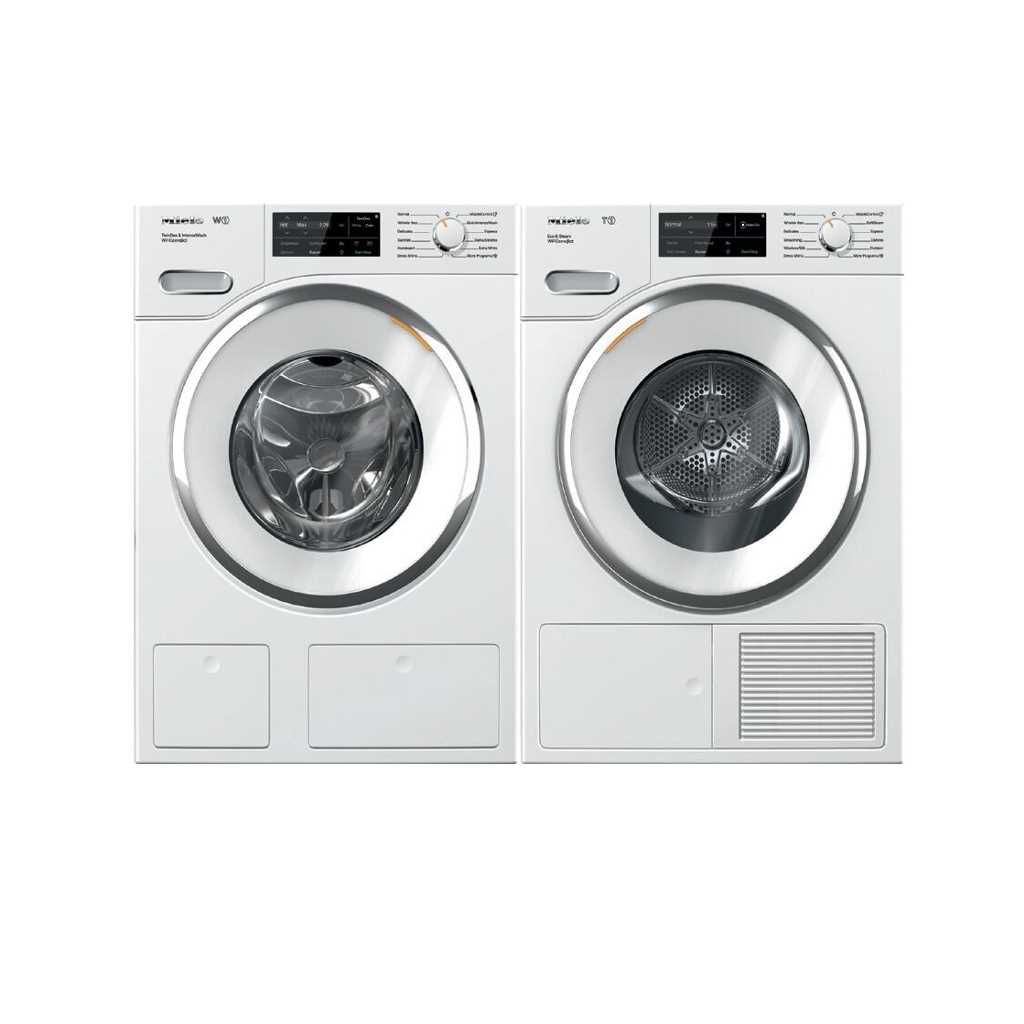
Before upgrading to a smart washing machine, it is important to consider the pros and cons to make an informed decision. Below are some factors to consider:
1. Convenience
One of the main advantages of smart washing machines is the convenience they offer. With features such as remote control and scheduling, you can easily start or monitor your laundry from anywhere using your smartphone. This can save you time and make your laundry routine more flexible.
2. Energy Efficiency
Another significant benefit of smart washing machines is their energy efficiency. These machines often come with sensors that can detect the load size and adjust the water and detergent usage accordingly. This can help reduce waste and save money on utility bills in the long run.
3. Price
One of the potential drawbacks of upgrading to a smart washing machine is the cost. Smart appliances tend to be more expensive compared to traditional washing machines. However, it is important to consider the long-term savings and convenience benefits that come with a smart washing machine.
4. Compatibility
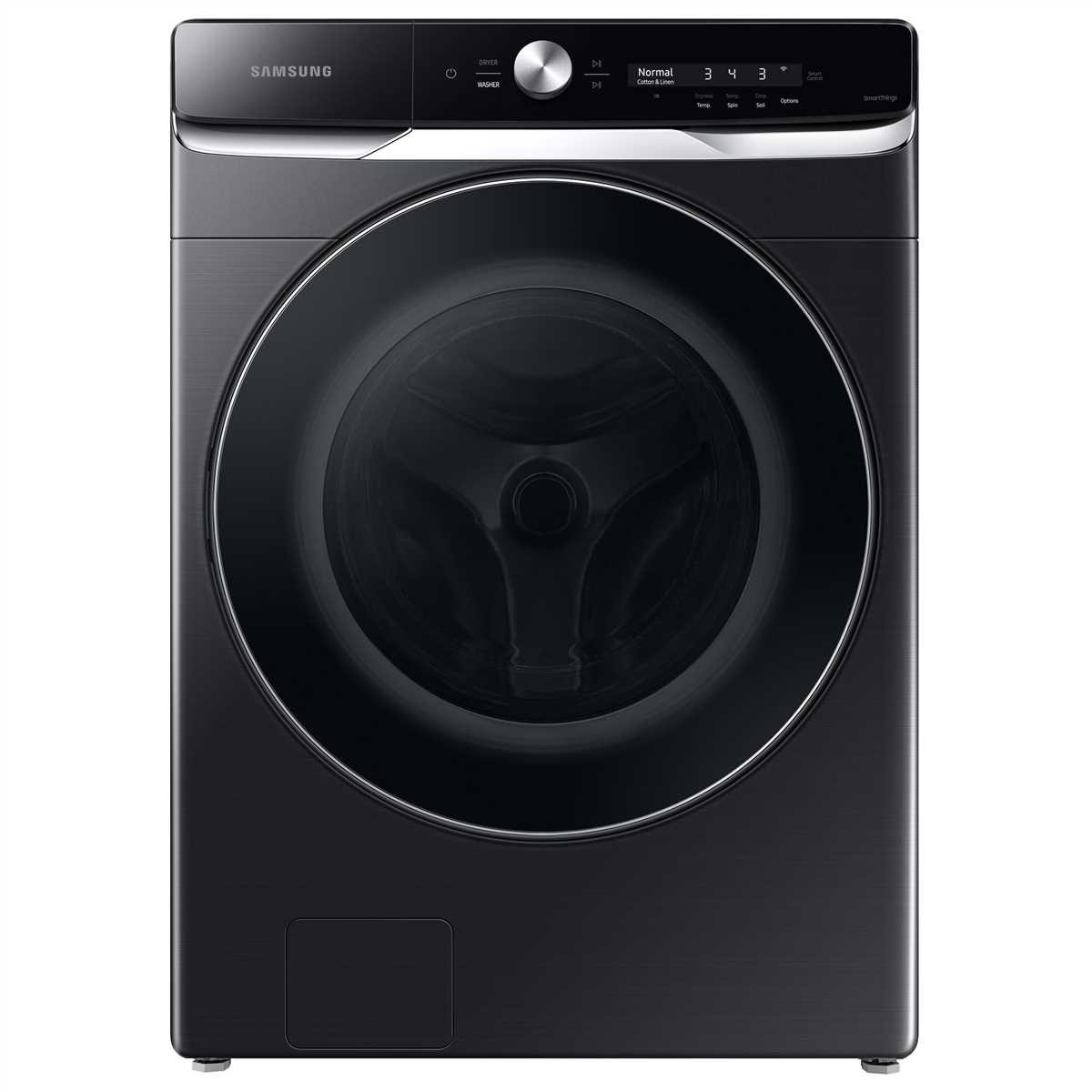
Before purchasing a smart washing machine, it is crucial to check the compatibility with your existing home automation system or smart home devices. Not all smart washing machines are compatible with all systems, so it’s important to ensure they will work together seamlessly.
5. Learning Curve
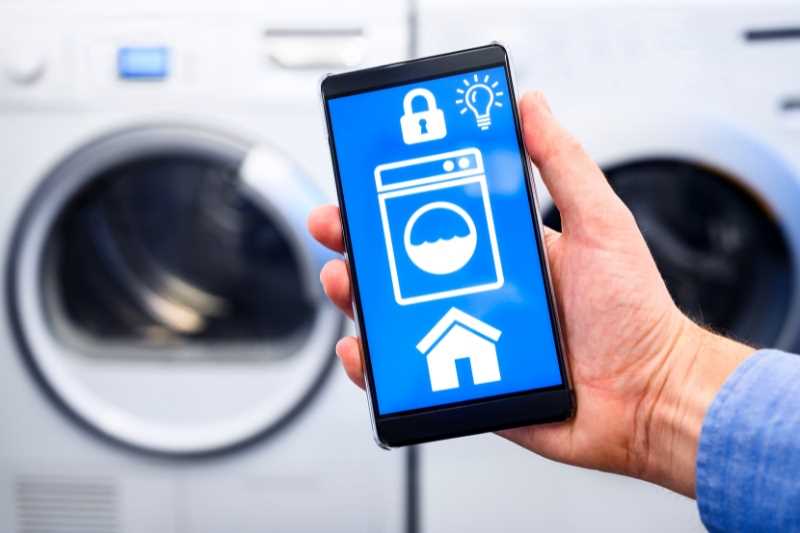
Smart washing machines often come with a learning curve. They may have more features and customization options compared to traditional machines, which may require some time to understand and set up properly. However, once you are familiar with the functionality, it can greatly enhance your laundry experience.
6. Maintenance and Repair
While smart washing machines can offer added convenience and features, there is also the consideration of maintenance and repair. Smart appliances may require software updates or troubleshooting in case of any technical issues. It is important to consider the availability of customer support and warranties for a smooth experience.
In conclusion, upgrading to a smart washing machine can offer various benefits such as convenience, energy efficiency, and improved functionality. However, it is important to weigh these advantages against factors such as cost, compatibility, and maintenance to make an informed decision.
FAQ
What are the benefits of upgrading to a smart washing machine?
Upgrading to a smart washing machine has several benefits. Firstly, it allows you to control and monitor your washing machine remotely using your smartphone or tablet. You can start, stop, or pause cycles from anywhere, which is convenient if you forget to start a load of laundry before leaving the house. Secondly, smart washing machines often come with advanced features like automatic detergent dispensers, which can ensure that the right amount of detergent is used for each load. Thirdly, they can provide energy and water usage information, allowing you to track and optimize your usage, potentially saving you money on your utility bills.
Are smart washing machines more expensive than traditional ones?
Yes, smart washing machines do tend to be more expensive than traditional ones. However, the price difference varies depending on the brand, model, and features of the washing machine. While you may pay more upfront for a smart washing machine, the potential energy and water savings, as well as the added convenience, may help offset the initial cost over time.
Can a smart washing machine be hacked?
Like any connected device, there is a potential risk of a smart washing machine being hacked. However, manufacturers of smart appliances take security seriously and employ various measures to protect their devices. It’s important to choose a reputable brand and keep your smart washing machine’s software up to date with the latest security patches to minimize the risk of hacking.
What happens if my Wi-Fi goes down? Will the smart washing machine still work?
If your Wi-Fi goes down, your smart washing machine will still function as a regular washing machine. You won’t be able to control or monitor it remotely using your smartphone, but you can still use the buttons and controls on the machine itself to start or stop cycles. The smart features will resume once the Wi-Fi connection is restored.
Are smart washing machines compatible with all smartphones?
Smart washing machines are generally compatible with both iOS and Android devices. Manufacturers usually provide companion apps that can be downloaded from the App Store or Google Play Store. However, it’s important to check the compatibility requirements of the specific smart washing machine and its companion app before making a purchase.
How do smart washing machines work?
Smart washing machines have built-in sensors and Wi-Fi capabilities that allow them to connect to your home network. This allows you to control and monitor your washing machine remotely through a smartphone app. They also use advanced technology to determine the optimal settings for each load, reducing energy and water consumption.
What are the advantages of smart washing machines?
Smart washing machines offer several advantages. Firstly, they provide remote control and monitoring, allowing you to start, pause, or adjust the washing cycle from anywhere. This can be particularly useful if you’re running late or want to take advantage of off-peak energy hours. They also have smart features such as automatic detergent dispensing and the ability to send alerts when the load is done or when there’s an issue. Additionally, they often come with energy-saving modes and can provide detailed usage data to help you track your consumption.






